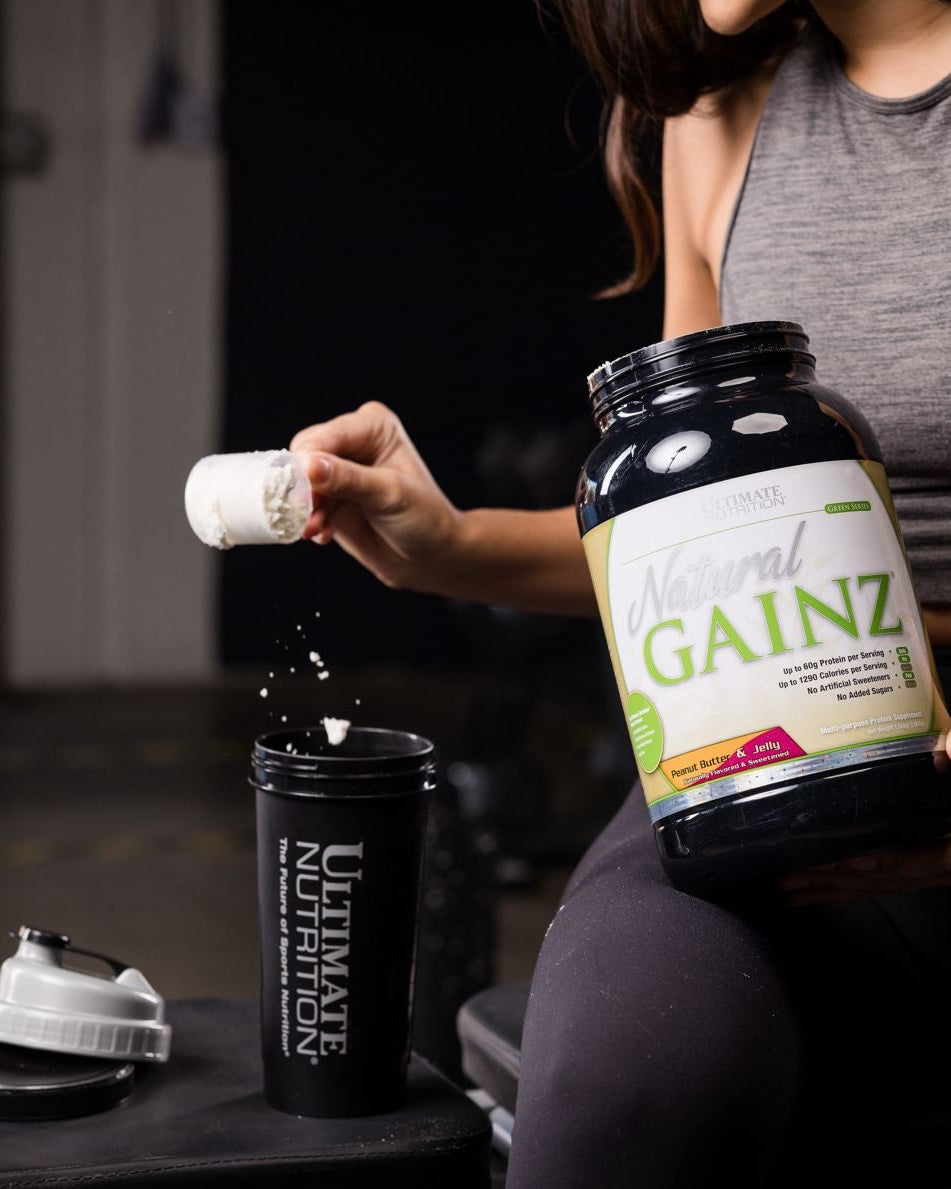Did you know that there are over 50 hormones in the human body? No? Well, can you name three of the five major ones? If you nailed testosterone and estrogen, we can help you out with a third; cortisol.
Cortisol is a hormone that your body naturally produces for several reasons. Although cortisol has gained popularity as the stress hormone, this name is often misleading.
Cortisol is an important hormone in your body that is responsible for carrying out many different processes every day. Yes, cortisol levels do correlate with stress but not in the way you might think.
To clear the air, a high amount of stress creates high levels of cortisol, not the other way around, meaning that the way to reduce cortisol is by relieving some of the stress in your life.
How Cortisol Works
Cortisol doesn’t only appear when you’re stressed, it helps your body under multiple circumstances. When released into the bloodstream, cortisol increases the body’s metabolism of glucose and reduces inflammation. The hormone especially comes in handy in a fight or flight situation; it curbs functions that don’t serve you in the face of danger. Although cortisol can be helpful, you don’t want to increase your cortisol levels on purpose.
Cortisol plays a role in your sleep cycle, regulating blood pressure, forming new memories, curbing inflammation, and assisting digestion. This hormone manages how your body uses the protein, fat, and carbs that you eat.
Natural cortisol levels vary from person to person. When your brain perceives a need for cortisol, it sends signals to your adrenal glands through the sympathetic nervous system (the “fight or flight” system) to release the hormone.
Sometimes, when we’re extra stressed or our adrenal glands aren’t working properly, we produce higher cortisol levels than we need. This surplus of stress and hormones can lead you to experience some symptoms.
High Cortisol Symptoms include:
- Chronic disease
- Weight gain
- Lack of energy/difficulty sleeping
- Difficulty concentrating
- Impaired immune system
If you’re experiencing any of the symptoms of high cortisol levels, then you should visit your doctor and have them perform a cortisol test. If your results show that your glands are working correctly, you’re more than likely just over-stressed.
By working to reduce the stress in your life and include more relaxation, you can reduce your cortisol levels and help your body function optimally.
5 Ways To Reduce Stress

#1 Exercise
Regularly adding exercise into your day can help you get out of a mid-day rut or run away from the stresses of work (literally). Exercise is proven time and time again to reduce stress. When you feel good about your achievements in the gym and confident about your physical health, you often walk around with less stress on your shoulders and lower cortisol levels in your body.
Along with lowering cortisol, exercise promotes the release of endorphins. Endorphins are known as feel-good chemicals because they trigger a positive feeling in the body, similar to morphine. If you’ve ever experienced a sense of euphoria after a workout, that’s the feeling of endorphins.

#2 Do Things You Enjoy
The best way to combat stress is with joy. Every day you should be doing the things that make you happy. Whether you’re spending more time in the kitchen or practicing an instrument, doing more of what makes you happy is one of the best ways to keep your cortisol levels low.
Similarly to exercise, laughing promotes the release of endorphins and suppresses stress hormones such as cortisol. If you find yourself more and more stressed, perhaps you’re not finding enough time in your week to sit down and laugh with friends.
Finding simple ways to bring more joy to your day can lower your stress levels and therefore cortisol levels, helping you feel better overall.

#3 Regulate Your Sleeping Habits
Sleep is key to a well-rested mind and body. Keeping up with a regular sleep schedule not only helps reduce stress in your daily life, but it also helps regulate the natural rise and fall of cortisol that occurs in your body.
In the early morning, your body's cortisol production naturally surges and transitions you into wakefulness. Once you’ve started your day, natural spikes of cortisol will occur in response to stress, but in general your cortisol levels will decline until it’s time for sleep.
Cortisol levels work in line with your sleep-wake cycle. A later bedtime than normal delays the fall and eventual rise of cortisol, causing you to feel awake or sleepy at irregular times of day. Sleeping on a consistent schedule can help your hormones behave more regularly, allowing you to be alert and relaxed when you need to be.

#4 Adjust Your Diet
A well-rounded diet can help you avoid stress and help you better manage your cortisol levels.
Besides added sugars generally harming your mind and body, sugar can heavily impact your cortisol levels. A high sugar intake can have an impact on both ends of the spectrum, showing to raise and suppress cortisol levels. This impact makes it more difficult for your body to naturally handle stressful situations.
One study found that a diet high in added sugar, refined grains, and saturated fat led to significantly higher cortisol levels compared with a diet high in whole grains, fruits, vegetables, and polyunsaturated fats. Finding more ways to incorporate veggies into your meals and eat more consciously overall can help you manage your stress and lower cortisol levels.
Your mental and physical health work together. A healthy body is linked to improved mental health, therefore, consuming foods to support your body’s functions may help reduce stress, anxiety, and improve your overall health.

#5 Take Certain Supplements
Supplements to reduce cortisol levels work by relieving the symptoms of anxiety and chronic stress. By addressing how your brain responds to life’s stressors, you can keep your cortisol levels low.
People use various dietary supplements like ashwagandha, betaine, Rhodiola, fish oil, prebiotics, L-theanine, and many others to help reduce their cortisol levels over time. You can find a lot of the supportive nutrients you need in your everyday servings of veggies, but comprehensive blends of scientifically proven ingredients can fill in the gaps.
Support Your Body
Give your body the support it needs to perform at its best. You may be telling yourself that you can handle the pressure and stress of life, but your cortisol levels are telling you differently.
By using scientifically proven methods and supplements to feel more relaxed from day to day, you can dramatically improve your body’s ability to function the way it’s meant to. When your body uses less energy for things like digestion, falling asleep, and fighting inflammation, it can put that energy towards building muscle, performing in the gym, and recovering.
You can’t be upset with your daily performance if you’re not giving your body the nutrition it needs to succeed.





















